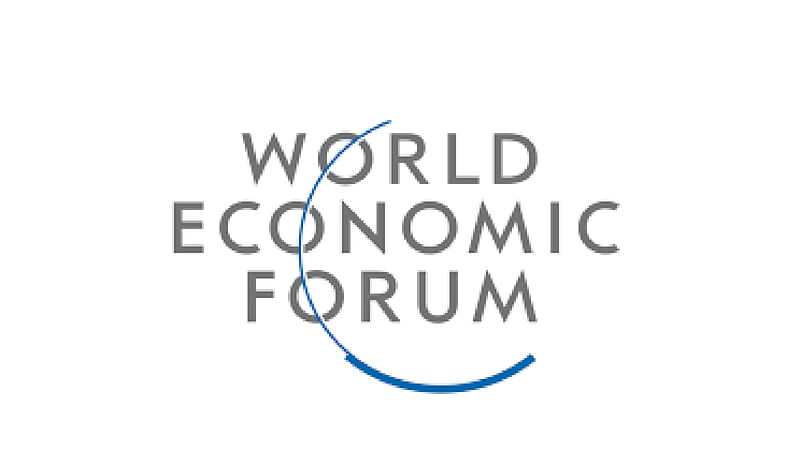Given the threat posed by coronavirus globally to lives and livelihood, the World Economic Forum (WEF) has come up with an initiative to prepare strategy and policy for countries of the South Asian region.
The three areas on which WEF is focusing in this regard are: keeping up the supply chain, protecting migrants and ensuring a steady flow of their remittances, and diversifying the economy of the region.
During a video conference on Thursday, WEF formed three working groups for the South Asian region. These groups are to deal with the supply chain, migration and remittance, and economic diversification.
They will prepare recommendations to draw up strategy and policy on these topics.
Foreign and local experts involved with WEF feel that in the case of countries like Bangladesh, it is urgent to address the issues of remittance and economic diversification and draw up policies accordingly.
The World Economic Forum has formed a global action platform to tackle the coronavirus crisis. Around 1000 institutions have come aboard the platform. Six regional groups, including one for South Asian affairs, have been formed on this platform. And three working groups comprising experts have been formed under the South Asia group.
Prime minister Sheikh Hasina joined the first virtual meeting of WEF’s South Asia strategic group for tackling COVID-19. During the conference held on 23 April, she stressed the need to pay attention to five topics in South Asia. One of the main proposals she put forward was keeping the supply chain intact and ensuring protection of the migrant workers.
WEF community lead and global leadership fellow, Sheikh Tanjeb Islam, speaking to Prothom Alo over cell phone from Geneva on Saturday, said that the working group on the supply chain will be headed by India’s investment company IDFC, the working group on economic diversity will be headed by the organisation Observer Research Foundation (ORF) and the working group on migration and remittance will be headed by Bangladesh’s former foreign secretary Shahidul Haque. The working groups will submit their reports to WEF within two weeks.
Sheikh Tanjeb Islam said normally under such circumstances, the World Bank, United Nations Capital Development Fund (UNCDF) and the International Organisation for Migration (IOM) and such institutions take up the task of policy making. WEF works with both the public and the private sectors. That is why it wants to use this advantage of involvement in both sectors to help the countries of the region in policy making during the pandemic.
Foreign and local experts involved with WEF feel that in the case of countries like Bangladesh, it is urgent to address the issues of remittance and economic diversification and draw up policies accordingly.
India is ahead of other South Asian countries when it comes to economic diversification. On the other hand, Bangladesh is dependent on only a handful of export items. WEF’s recommendations in this regard will be helpful for Bangladesh.
Former foreign secretary and North South University’s senior fellow Shahidul Haque joined the video conference of WEF’s South Asian experts on Thursday.
Speaking to Prothom Alo on Saturday, Shahidul Haque said that the World Bank predicts that due to coronavirus, remittances will drop by over 20 per cent compared to last year. And the pandemic will undoubtedly have an impact on migration. The working group on migration and remittance will come up with recommendations on how to lessen the impact of the situation on these two areas.
Shahidul Haque said that the spread of coronavirus that damaged the supply chain all over the world. This was a lesson to be learnt. Preparations must be made to keep the supply chain unbroken in the case of possible pandemics in future. During the video conference on Thursday, it was said that the working group regarding the supply chain would come up with recommendations in this regard.
